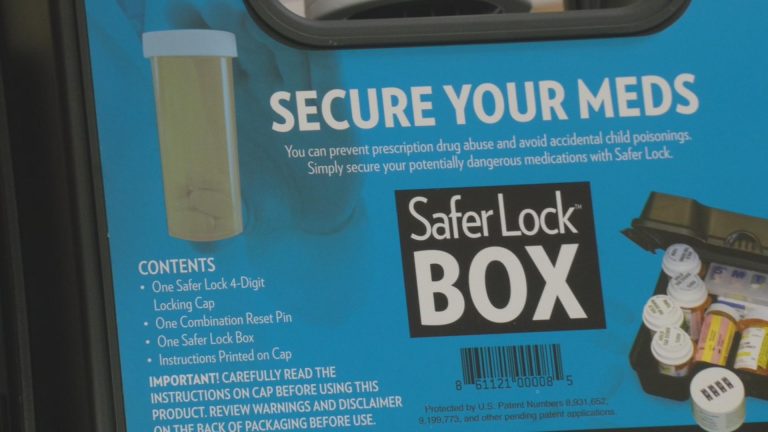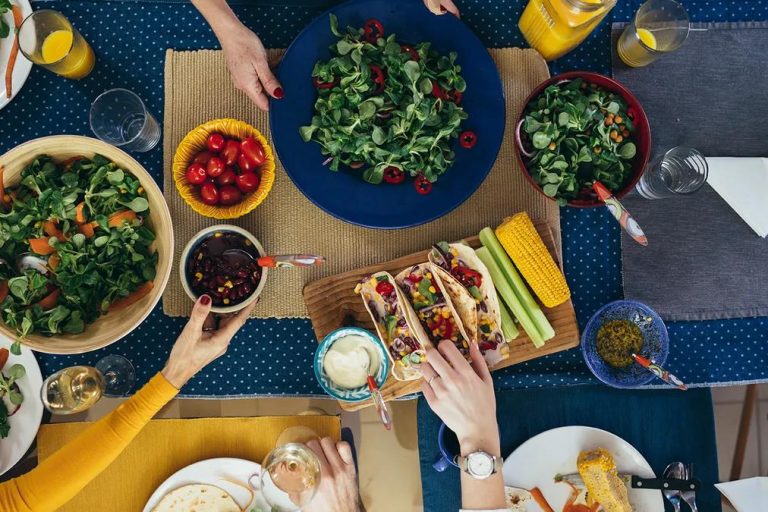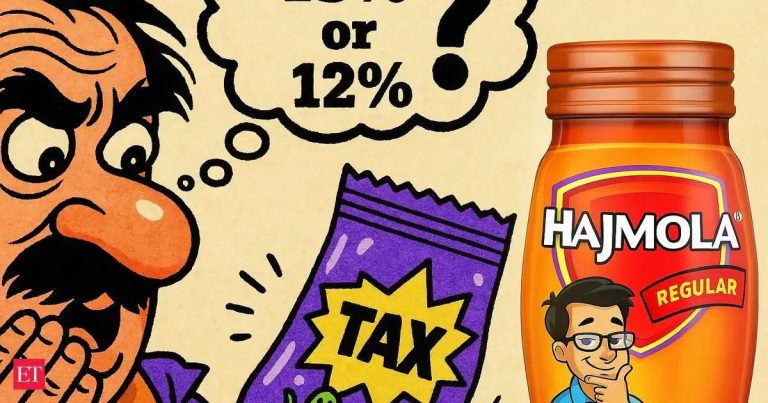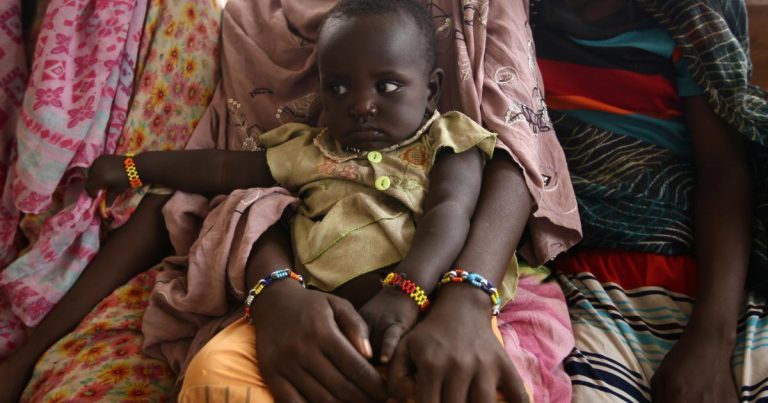
Inside Rochester’s Urgent Fight for Teen Mental Health | Image Source: www.rochesterfirst.com
ROCHESTER, New York, April 2, 2025 – After a heart tragedy that cost the life of a student at the Rochester School of Arts, the city turns its pain into action. On Saturday, April 12, a community forum directly targeting youth mental health and substance abuse will take place in the same place where the loss occurred. Organized by the city of Rochester and the Rochester School District (RCSD), the event represents a collective effort to deal with the silent struggles that many teenagers face and give them the opportunity to talk, be heard and find hope.
According to Monroe County officials, this forum is at the heart of the disruption of new data from the Survey of Young Drivers at Risk. For the school year 2023-2024, the report showed a significant increase in emotional and psychological problems among adolescents. One of the most alarming statistics: 34 per cent of high school students surveyed reported emotional problems that hindered their ability to concentrate, study or participate in extracurricular activities. In addition, only 38% of those who attempted suicide received support. As Dr. Marielena Velez of Brown, Public Health Commissioner for Monroe County, said, these figures reflect a sovereign truth about the hidden emotional burdens many young people carry.
What is the cause of the youth mental health crisis?
There’s not a single root cause. According to the Monroe County Youth Survey, contributing factors include increased bullying (now up to 16%, up to 13%), increased screening time and dependence on social media, exposure to abuse of use, and increased standardization of the use of vaping and other substances as coping mechanisms. Each of these questions can be overwhelming, but for adolescents facing them simultaneously, the emotional number can be devastating.
“We’re all going to be ruined and we’re all learning to navigate the world at this age,” Dr. Brown’s Velez. “But teaching young people how to be a good friend and how to set a limit… is vital.” In fact, helping adolescents understand healthy relationships, self-esteem and personal limitations is as important as school education. It is about equipping them with emotional armor in a world that often feels hostile.
Q: How has the pandemic impacted teen mental health?
A: The pandemic acted as an emotional accelerator, exciting or intensifying feelings of isolation, depression and anxiety. Students like Shamir Ellis, a partner in the My Brother Guardian (MBK) program, shared that VOCID- 19 left him in a depressive state where he stopped worrying about the school. Others, such as DaJuan Jackson, admitted to fighting anxiety on a daily basis, even when they joined leadership roles.
Young people at the head of the conversation
Saturday’s forum is not just about adults who speak in children. It’s about changing the scenario. The event will be co-led by young leaders such as Ellis and Jackson, both older in the RCSD and as part of the MBK initiative. These students are not just survivors of the same pressures they are attacking; They are defenders of their peers.
“If you don’t have the right structure and support, it’s very easy to fall into the cracks,” Jackson says. “It’s very easy to give up.” His honesty underscores the depth of the crisis. Jackson also highlighted vaping as a mechanism for dealing with many teenagers. Many people turn to this because they feel powerless. You’re not wrong. According to the National Youth Tobacco Survey 2023, more than 2.5 million American teenagers regularly use electronic cigarettes, and stress is one of the main reasons given.
Q: What makes peer-to-peer communication effective?
A: Teenagers often trust their peers and report more than adults. When young leaders open up to their struggles, they break stigma and allow others to do the same. As Jackson says, “You have to find people of a spirit like you around you.”
Adults need more listening
Che’Hagins, coordinator of the Rochester MBK initiatives, believes that the answer is less demanding and more listened to. “We project more than we think,” he says. Adults often tell teenagers how they came to difficult times without considering the extremely different context of today’s youth, especially with increased digital pressures and the ever-present brilliance of social media.
“You’re spiraling,” says Ellis. ”You think you’re not enough, that what you’re doing isn’t good enough to get you where you want to be in life.” These internal dialogues can be paralyzed, especially when they are complicated by the best remedies in the lives of others online. Social media, in this sense, act like a mirror and a magnifying glass of insecurity.
Q: What role should adults play in youth mental health?
A: Adults need to create safe, trial-free environments for open conversation. You don’t have to be a therapist to help, you just have to be ready to listen and support.
A forum with a goal
The next event on 12 April is free and open to the public, aimed at young people aged 12 to 21 and their guardians. It starts at 11:00 a.m. at the School of Arts, 45 Prince Street, and includes roundtables, workshops, rest sessions and lunch. But it is not just a day of dialogue, it is a launch for ongoing Community action. As Mayor Malik Evans said:
“Many of the challenges we face in our city and country are increasingly related to mental health. With this forum, we are trying to equip young adults with the tools they need for positive growth and development. »
Dr. Demario Strickland, Acting Superintendent of the RCSD, added that the mental health of students is “essential to their success in school and life.” This holistic view – that academic performance and mental well-being are inseparable – marks a vital change in the way schools approach education.
Q: What resources will be available at the forum?
A: Participants can expect in situ mental health resources, guided workshops on emotional well-being and substance abuse, opportunities to talk to counsellors, and measures taken for adolescents and their families.
Extension of support system
The organizers have been closely involved in several community groups, including adolescent empowerment, the Youth Centre, En Control, Planned Parenthood, BreatheDeep Inc., and others. Collaboration ensures that the forum is not a unique event but is part of a larger and more sustainable ecosystem. In addition, the Monroe County Health Department has launched a free mental health application that provides access to services, including tutorials on creating a personal safety plan.
It is also essential to discredit a harmful myth: those who have suicidal thoughts are alone. Dr. Velez de Brown said that such thoughts are more common than most people think, and keeping them in a bottle only makes things worse. “It would be very important to communicate with youth who have no fault,” he said, noting that adults are responsible for protecting the well-being of youth.
Q: Where can teens and parents get ongoing help?
A: Suicide and the 988 Lifeline crisis is available by phone or text. Monroe County Health Department also offers a guided support application. Other resources are available on 988lifeline.org.
Pain rotating on the goal
It’s easy to cry, harder to mobilize. But this forum marks an important step towards healing – and more important towards prevention. Young people like Ellis and Jackson are proof that strength can come from the struggle. Not only do they represent the leaders of tomorrow, but they are the changers of today. And they remind adults of a simple truth: when we choose to listen, we give our children the power to tell their truth, share their pain and seek a better way.
The wounds on March 24 are still fresh. A young life was lost, and a whole community was shaken. But through open dialogue, compassion and willingness to really listen, Rochester is planting seeds for a future where no teenager feels invisible, unheard of or unworthy of his help.
For more information about the April 12 forum or RSVP, visit CityofRochester.gov / YouthForum.






